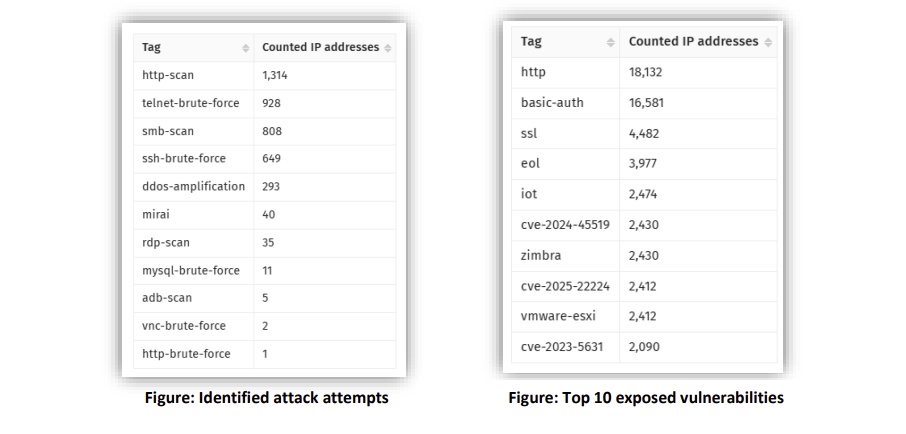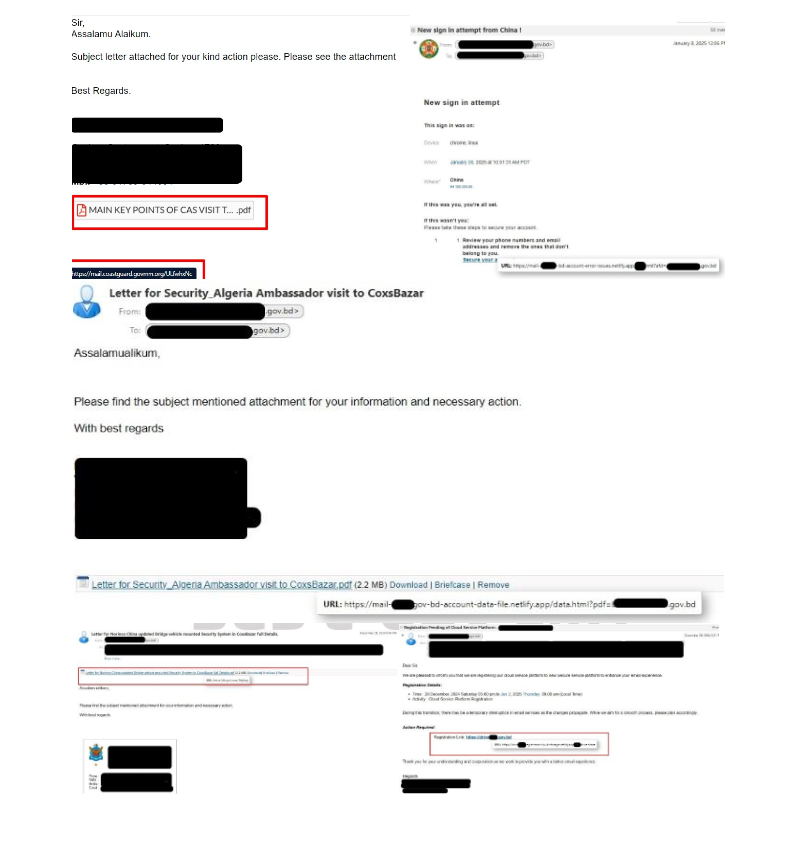A Vulnerability in Zoom Client Could Allow for Arbitrary Code Execution
by CIRT Team
Description: A vulnerability has been discovered in Zoom Client that could allow for arbitrary code execution. An exploitable partial path traversal vulnerability exists in the way Zoom Client processes messages including shared code snippets. A specially crafted chat message can cause an arbitrary binary planting which could be abused to achieve arbitrary code execution due to how Zoom handles shared files. Zoom automatically unpacks shared code snippets as a downloaded zip file in order to preview the snippet, but doesn’t perform validation of the zip file contents before extracting it. This can allow for malicious files to be placed on the target’s system without interaction, albeit with arbitrary paths. An attacker needs to send a specially crafted message to a target user or a group to trigger this vulnerability.
Impact: Successful exploitation of the vulnerability could result in arbitrary code execution. An attacker could then install programs; view, change, or delete data; or create new accounts with full user rights. Users whose accounts are configured to have fewer user rights on the system and could be less impacted than those who operate with administrative user rights. Successful exploitation of these vulnerabilities could allow the attacker to execute remote code on the affected system.
System Affected:
* Zoom Client prior to 4.6.12
Mitigation:
The following actions are recommended:
* Apply appropriate patches provided by Zoom to vulnerable systems immediately after appropriate testing.
* Run all software as a non-privileged user (one without administrative privileges) to diminish the effects of a successful attack.
* Remind users not to download, accept, or execute files from un-trusted or unknown sources.
* Apply the Principle of Least Privilege to all systems and services.
Reference URL’s:
https://talosintelligence.com/vulnerability_reports/TALOS-2020-1056
https://cve.mitre.org/cgi-bin/cvename.cgi?name=CVE-2020-6110











